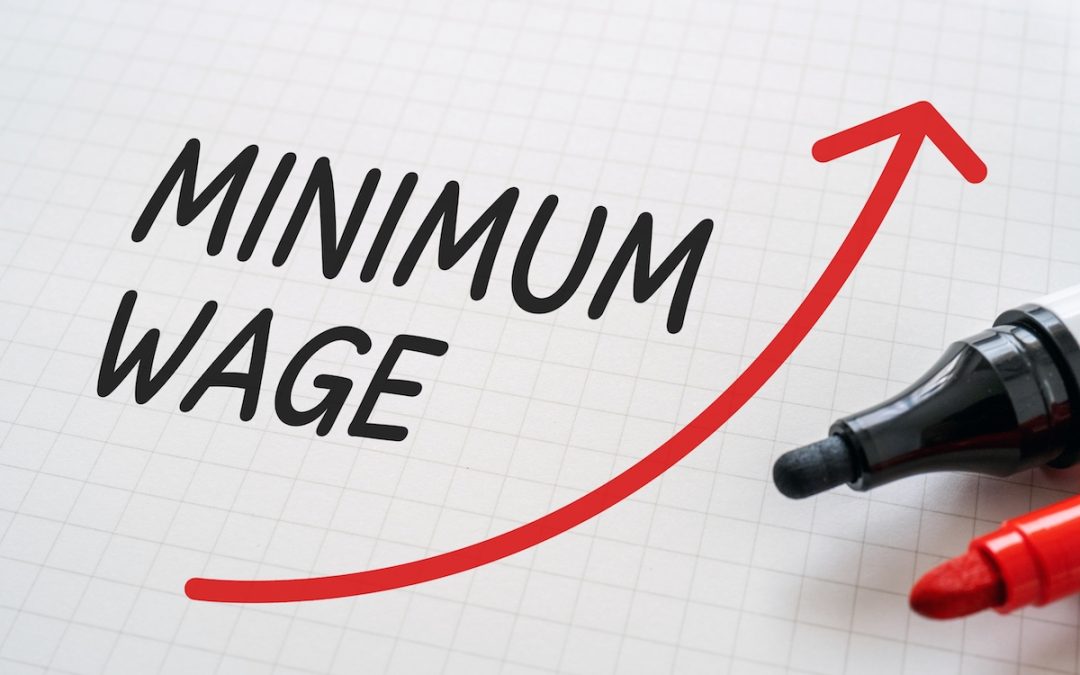The Low Pay Commission (LPC) has published a Policy Paper setting out how it will respond to its updated remit from the government. The LPC is an independent body that advises the government on the National Minimum Wage (NMW) and National Living Wage (NLW) each year.
Following July’s general election, the LPC’s remit has been updated to require it to take account of the cost of living and expected inflation up to March 2026, and to not fall below two-thirds of median hourly earnings when setting recommendations for NMW/NLW. Given that wages are currently rising faster than inflation, the two-thirds of median hourly earnings currently forms the ‘floor’ for the LPC’s recommendations.
To assess the cost of living, the LPC states that it will use a broad range of metrics and evidence, including headline measures of inflation, the ONS Household Cost Index (HCI) and other qualitative measures of living standards.
Points to take from the Policy Paper which may assist employers with what might be coming up in terms of the level of NMW/NLW from April next year include:
- An expectation that there will be a larger increase to the 18-20 year old rate, than to the 21 and above rate. This is to bring the two rates closer together and work towards the government’s aim of abolishing the 18-20 year old rate in due course.
- The LPC’s current central estimate is that an NLW increase to £12.10 (5.8 per cent) would be required to maintain the ratio of the NLW to median hourly pay at two thirds of median earnings. However, this figure is likely to be subject to change (it has already increased from an estimate of £11.89 back in March).
The LPC is due to submit its recommendations to government by the end of October 2024.
Find out how we can help. Contact our Employment Law team on 01803 213251 today, without obligation.



